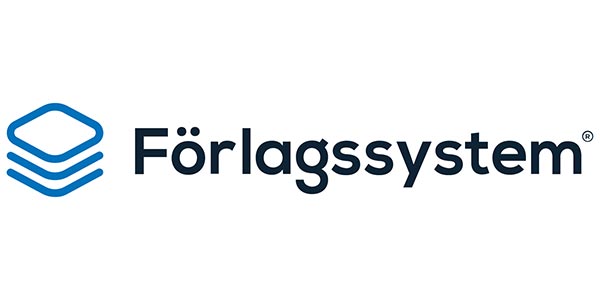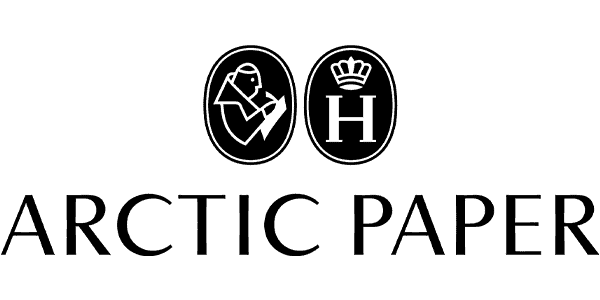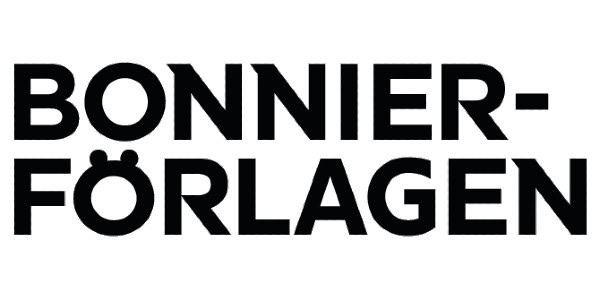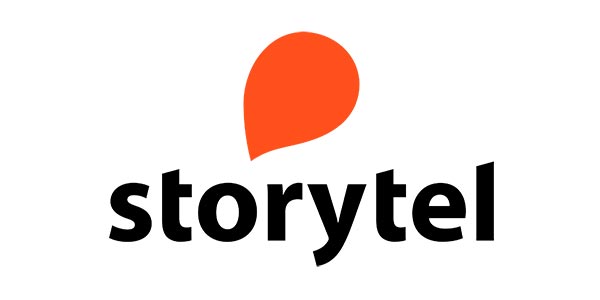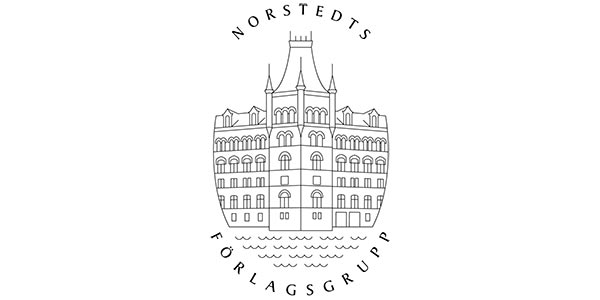
Doing Knowledge @Scale : Sociomaterial Practices and Professional Learning of Software Developers on Stack Overflow

| Serie | Gothenburg Studies in Educational Sciences (492) |
|---|---|
| Författare | |
| Förlag | Acta Universitatis Gothoburgensis |
| Genre | Samhälle, politik och debatt |
| Format | Häftad |
| Språk | Engelska |
| Antal sidor | 173 |
| Vikt | 535 gr |
| Utgiven | 2024-10-04 |
| ISBN | 9789179631871 |
When millions of people gather online to produce and distribute knowledge, the vast digital platforms they use – Facebook, Reddit, X, or the focus of this study, Stack Overflow – become integral to how they learn and work. In many domains, knowledgeable participation on such platforms is increasingly important for becoming and remaining a professional. Understanding practices professionals enact on these platforms is crucial for grasping the dynamics of contemporary professional landscapes and advancing professional education. Recognizing the impact of these platforms, this dissertation investigates how professional knowledge practices are accomplished on a large-scale online platform. The dissertation draws on practice-based and sociomaterial theoretical perspectives and adopts an online ethnographic orientation. Its empirical setting is Stack Overflow, a public large-scale Community Question Answering platform within the software development domain. Focusing on users’ digital traces in the form of threads, it examines how knowledge practices are accomplished through interactions among users, the objects they produce, and the platform itself. The dissertation comprises three articles. The first examines how downvoting on the platform is discursively and materially accomplished as knowledge practices of feedback, curation, and moderation. The second develops a theoretical approach to unpack knowledge production on the platform through posting, commenting, and editing, by conceptualizing epistemic objects as interactional and material accomplishments. The third article addresses the role of scale, exploring the interactional and material coordination of collaborative problem framing, enacted through posting, commenting, and editing. Together, the articles reveal two key sets of knowledge practices on the platform: collaborative problem-solving and the documentation of solutions aimed at creating a comprehensive library of professional knowledge for a wider audience. This dissertation contributes to a broader understanding of professionals’ online knowledge practices, offering insights for the organization of the professional learning in software development and beyond, and providing implications for the design of online platforms. It also enriches theoretical and methodological perspectives on investigating professional practices in online environments.

